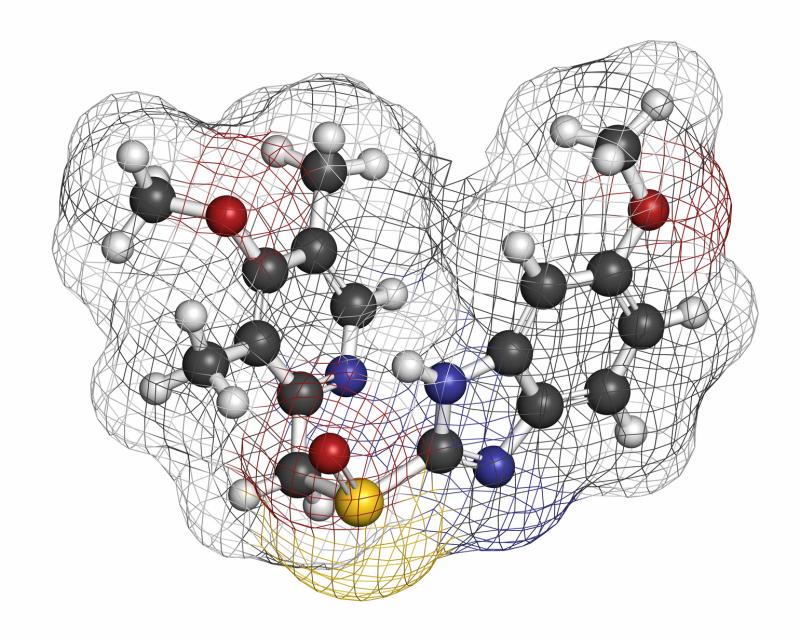
Use of proton pump inhibitors (PPIs) contributes to increased risk of cholangitis, a large cohort study suggests.
The study involved a nationwide representative sample of the Korean general population followed for 10 years. Researchers used treatment claims to establish PPI use, as well as hospitalization and out‐patient visit claims to identify incident cholangitis.
A total of 58,863 participants had at least one PPI prescription, and 1,834 participants developed cholangitis over 4,212,003 person‐years of follow‐up. Cox regression analysis revealed that compared with nonuse, PPI use carried a sixfold increase in the risk of incident cholangitis (hazard ratio [HR], 6.06, 95 percent CI, 4.64–7.91). This association persisted in fully adjusted models (HR, 5.75, 4.39–7.54).
The risk associated with PPI was highest during treatment and decreased gradually after discontinuation (p-trend<0.001).
The present data highlight the importance of considering cholangitis as a potential complication of PPI use, researchers said.
In a separate study, PPIs were noted to induce an elevation in gastric pH that lessens the bactericidal activity of gastric acid, allowing the passage of more bacteria through the stomach into the duodenum. The investigators postulated that the more pathogens are located in the duodenum, the higher the risk that more pathogens ascend into the bile duct, leading to cholangitis. [Aliment Pharmacol Ther 2014;39:1194-1203]